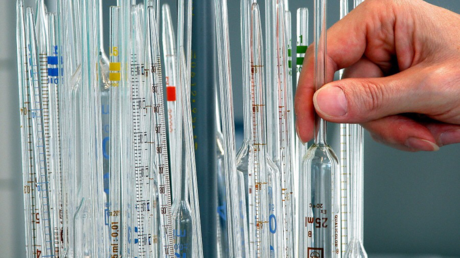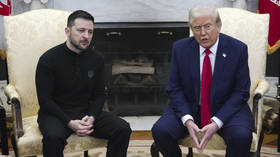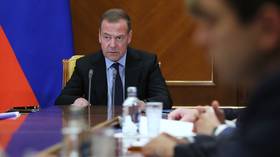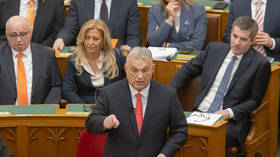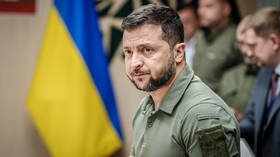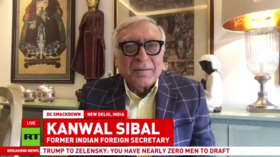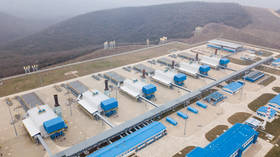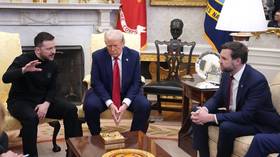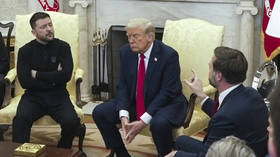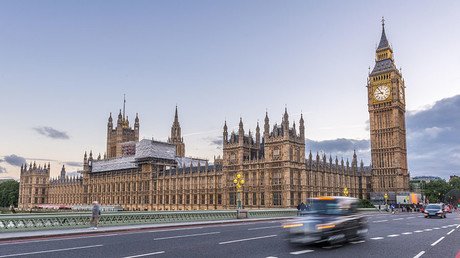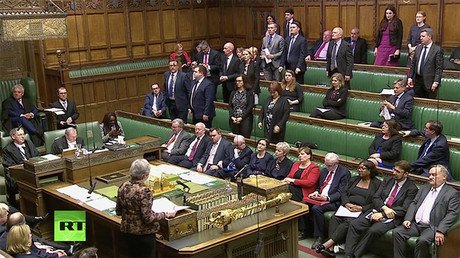Johnson says UK to hand Skripal evidence to OPCW as he points finger at Moscow
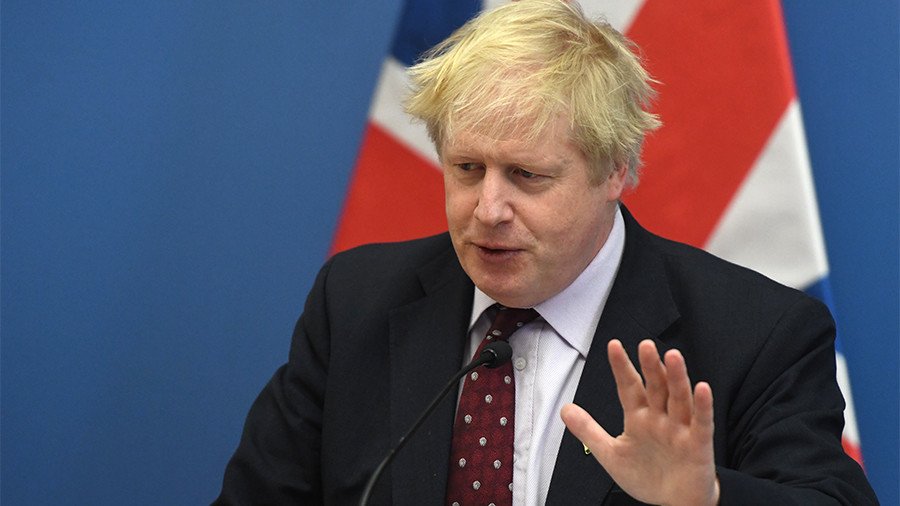
The UK will hand the nerve agent used in ex-double agent Sergei Skripal’s poisoning to a UN watchdog, Foreign Secretary Boris Johnson said as he accused Russia of stockpiling the chemical.
Speaking on the BBC’s Andrew Marr Show, Johnson said experts from the Organization for the Prohibition of Chemical Weapons (OPCW) would arrive in the UK on Monday to test samples of the substance.
Johnson then accused Russia of creating and storing the so-called ‘Novichok’ nerve agent, claiming that the UK has “evidence… collected over the past 10 years” that Moscow has been developing nerve agents “for the purpose of committing murder.”
Russian Foreign Ministry spokeswoman Maria Zakharova on Saturday dismissed the claim that the nerve agent, thought to be a Soviet-era invention, was a Russian “project.” She said that in post-Soviet times it is countries such as the UK, Slovakia, the Czech Republic, Sweden, and possibly the US, that studied the substance with keen interest and could have been the origin for the toxin used in the poisoning of Sergei Skripal and his daughter, Yulia.
The results of testing by the OPCW are expected to take a “minimum of two weeks,” the Foreign Office said in a statement.
Moscow has repeatedly requested access to samples of the nerve agent used to poison Skripal and his daughter in Salisbury, but has not been granted any, according to the Russian Foreign Ministry.
The UK’s failure to send a request to Moscow over the Skripal case via OPCW channels points to a lack of legal basis for a proper probe, Foreign Minister Sergey Lavrov noted on Friday, referring to Johnson’s allegations that Russia and even President Vladimir Putin himself were behind the plot to poison the Skripals.
“The fact that they [UK officials] categorically reject to file an official request and deliberately and arrogantly fan anti-Russian rhetoric in the public sphere bordering on hysteria, indicates that they clearly understand they have no formal pretext to go down a legal road,” Lavrov said.
Foreign Secretary @BorisJohnson says experts from the Organisation for the Prohibition of Chemical Weapons will come to the UK on Monday to test samples of the nerve agent used in Salisbury #marrpic.twitter.com/EOCTJnJniL
— The Andrew Marr Show (@MarrShow) 18 марта 2018 г.
While Johnson said that London would allow the international OPCW experts in The Hague to review the British analysis of the sample, the UK refuses to enact the mechanism in the OPCW that calls for a thorough investigation, the Russian FM noted. He added that “if you appeal to this organization, you must comply with the provisions of the convention that stipulate filing a request to us, because we are suspected of being a country of origin and even the country which had used this poisoning agent, and, providing us with samples of this agent, so we, together with OPCW experts, can analyze it.”
Russia’s ambassador to the UK, Alexander Yakovenko, told RT on Friday that the UK is using the Skripal case to divert attention from Brexit issues. “In order to divert attention from Brexit, the UK has to present something to the public to move [the focus] a little bit to the other side,” the Russian envoy told RT’s Anastasia Churkina.
According to Yakovenko, Britain views the poisoning of the ex-double agent as a “possibility to launch this anti-Russian campaign.”
“This is a scenario that was written in London but it’s a short-sighted scenario because, in the long run, Britain will have to explain what is behind all these things in Salisbury,” he added.
READ MORE: UK to 'consider next steps' after Moscow announces expulsion of British diplomats - May
On Monday, British Prime Minister Theresa May confronted Moscow with an ultimatum to reveal the details of the alleged Skripal plot. After her demand was rejected, the UK imposed sanctions on Moscow, which included expelling 23 diplomats, limiting diplomatic ties and freezing Russian state assets in the UK.
In response, the Russian Foreign Ministry said on Saturday that 23 UK diplomats must leave Russia and that the British Council will be shut in retaliation for “provocative actions and groundless accusations” over the Skripals’ poisoning.
